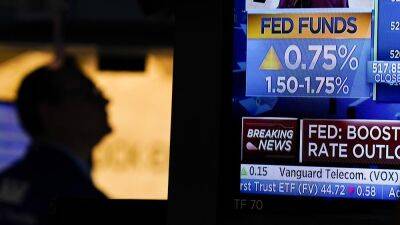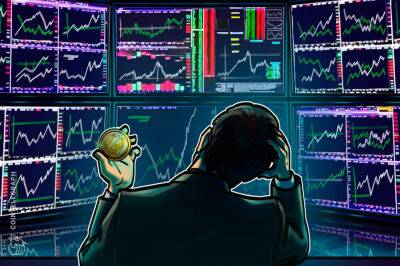Sri Lanka defaults on debts for first time
Sri Lanka has defaulted on its debts for the first time in its history as it struggles with an economic and political crisis triggered by global shock waves from the pandemic and the war in Ukraine.
An inflation rate spiralling towards 40%, shortages of food, fuel and medicines and rolling power blackouts have led to nationwide protests and a plunging currency, with the government short of the foreign currency reserves it needed to pay for imports.
The Sri Lankan central bank governor said on Thursday that the oldest democracy in Asia had fallen into a “pre-emptive default” on its debts after the expiry of a 30-day grace period for missed interest payments on two of its sovereign bonds. It is the first default by an Asia-Pacific nation this century, according to the credit rating agency Moody’s.
Sri Lanka said last month that it would stop repaying its international debts to conserve dwindling foreign currency reserves, vital for importing key raw materials from overseas.
Speaking on Thursday after the deadline passed for making $78m (£62.8m) of payments to international creditors, Nandalal Weerasinghe, the central bank governor, said: “Our position is very clear: until there is a debt restructure, we cannot repay.”
Sri Lanka has suspended repayments on about $7bn of international loans due this year, out of a total foreign debt pile worth $51bn. The country’s finance ministry has said it has $25m in usable foreign reserves.
Economists fear Sri Lanka could be the first in a wave of defaults, as other low- and middle-income countries struggle with runaway inflation and supply shocks. The IMF has opened rescue talks with Egypt and Tunisia, both big importers of wheat from Russia and Ukraine, and with Pakistan, which has imposed
Read more on theguardian.com


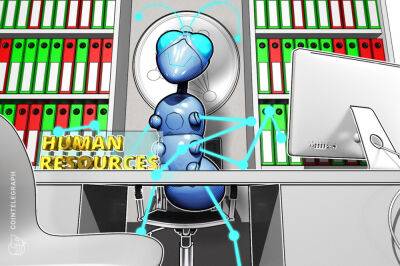
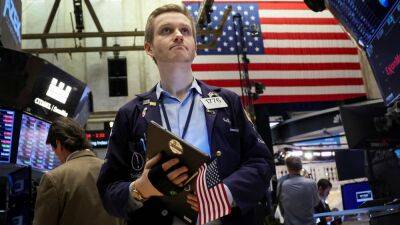




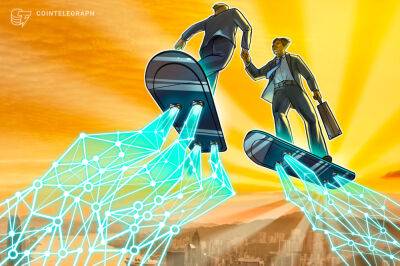
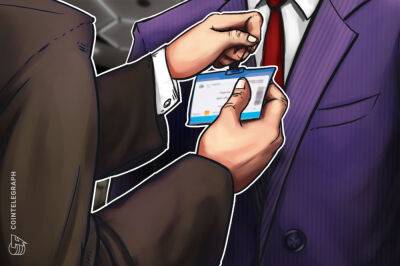
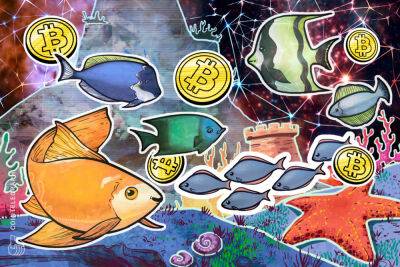
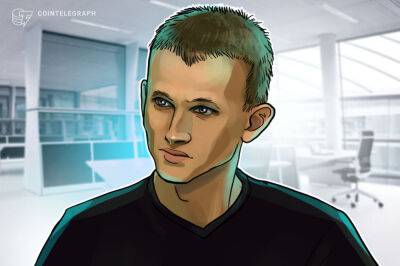

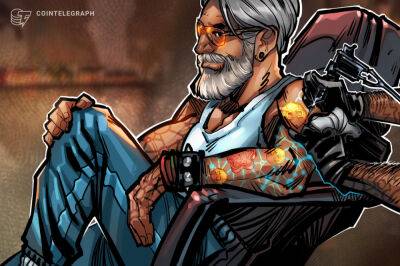
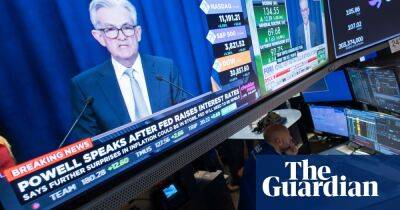
![What does Shiba Inu [SHIB] need to hit its former ATH once again - ambcrypto.com - city Santiment](https://finance-news.co/storage/thumbs_400/img/2022/6/16/29900_3pgp.jpg)
